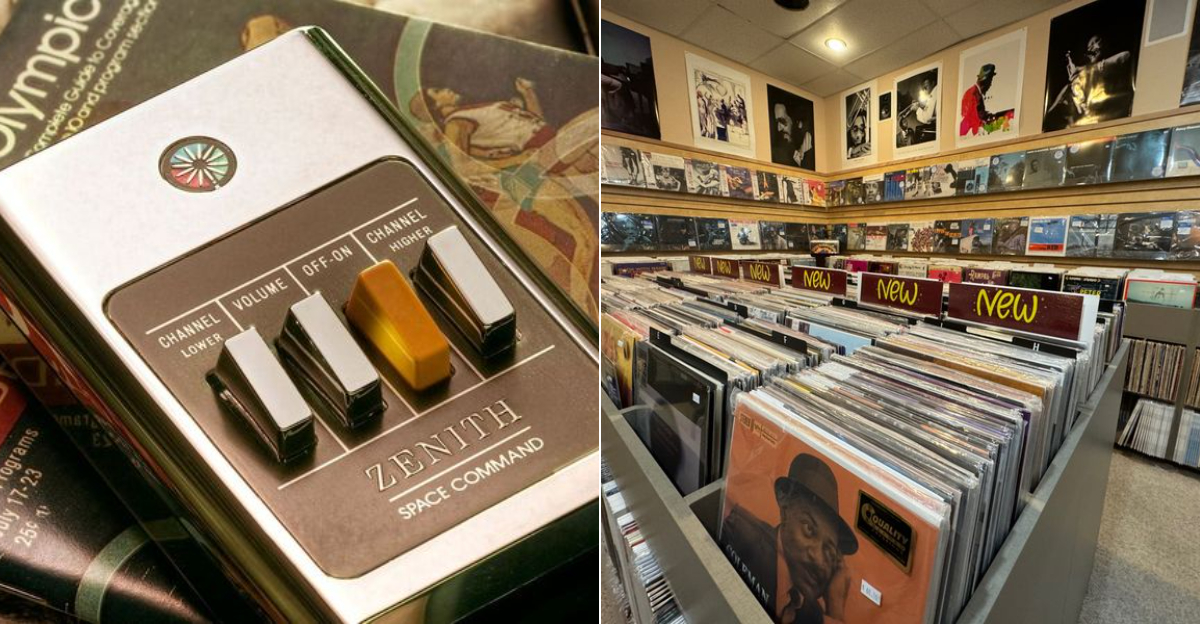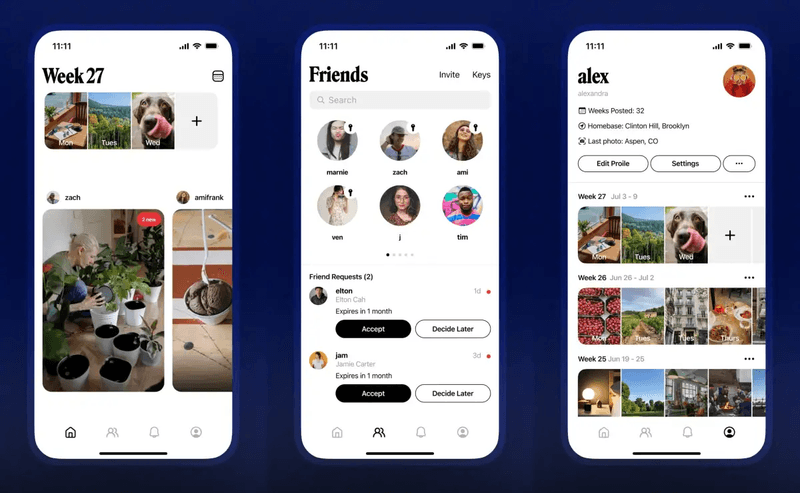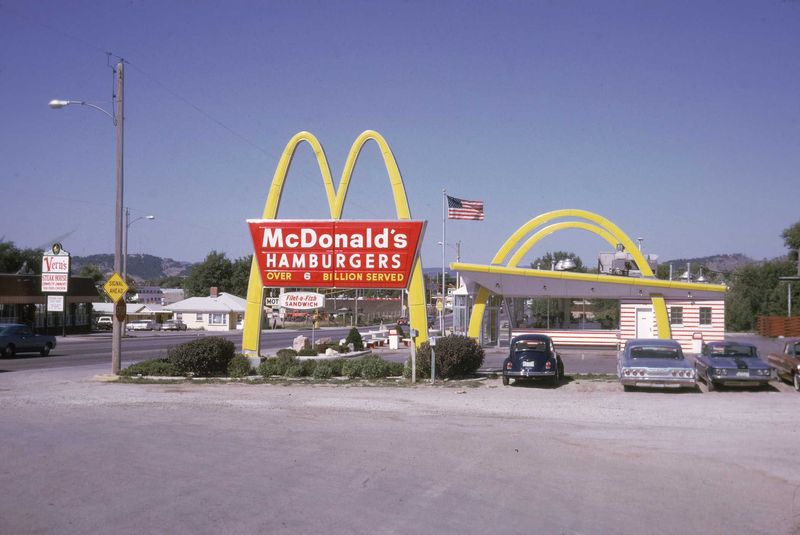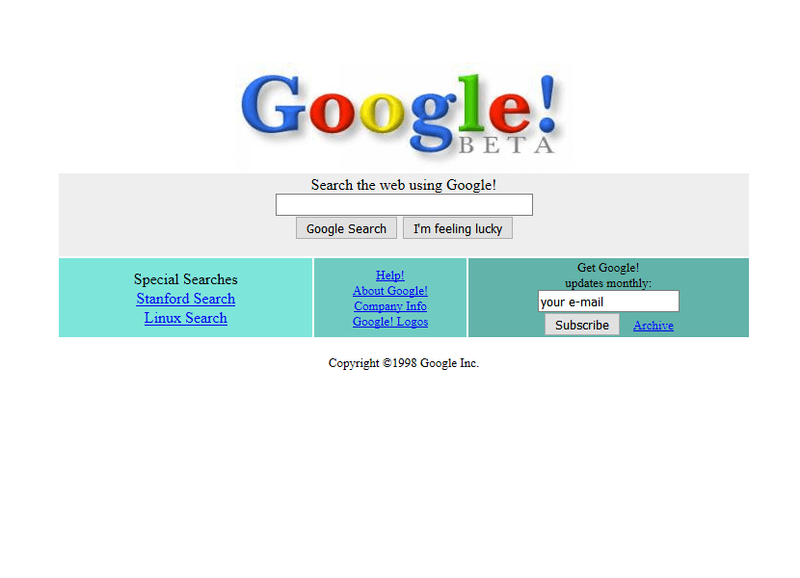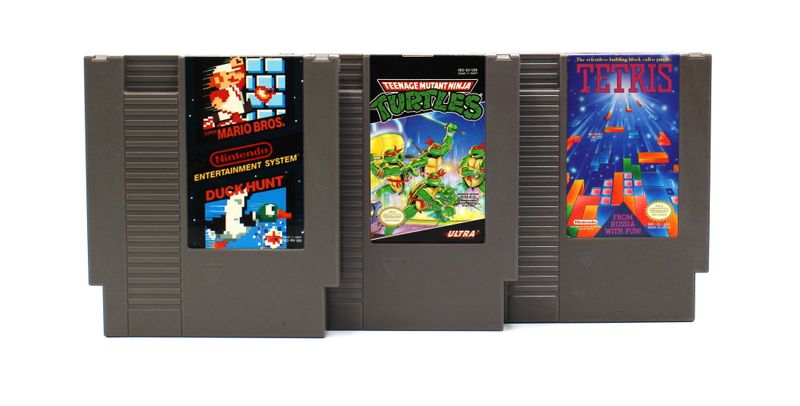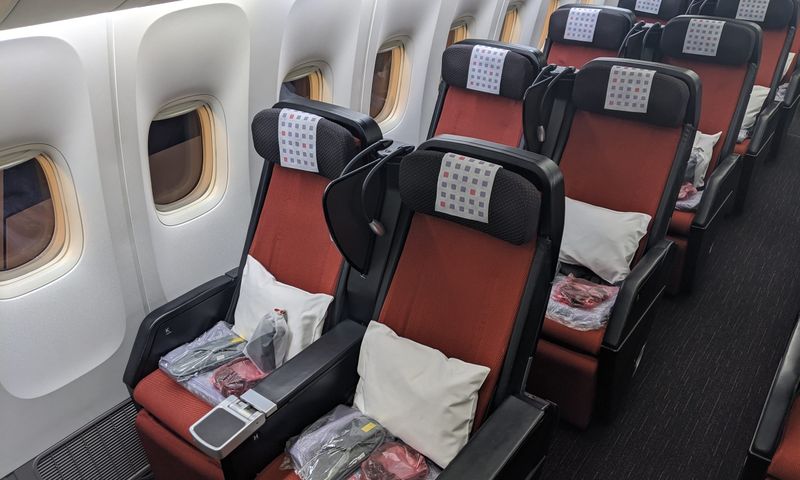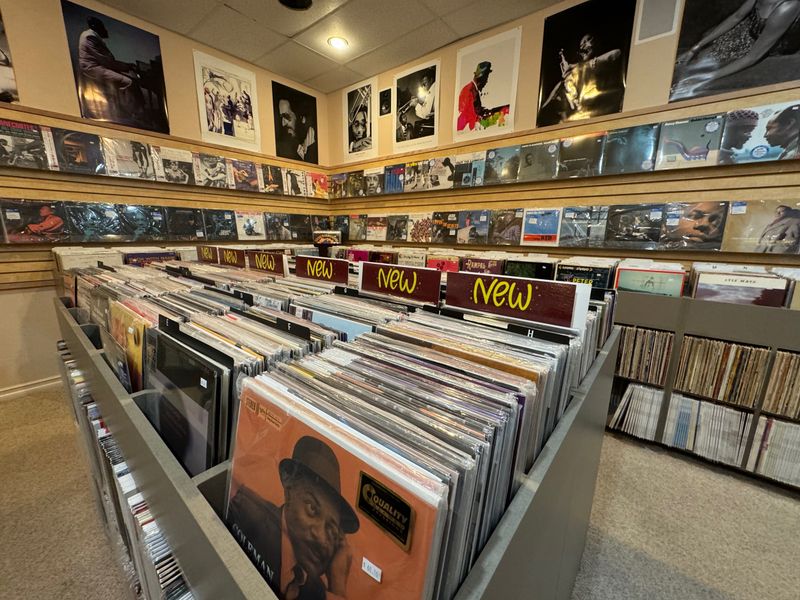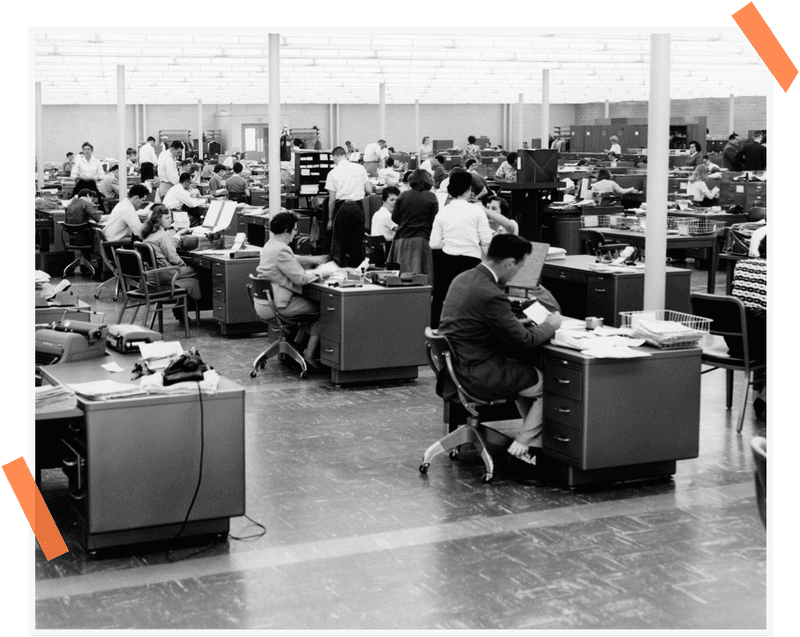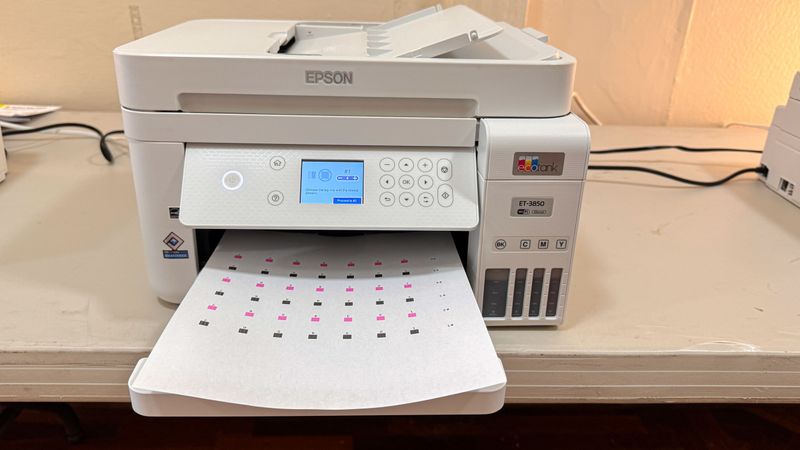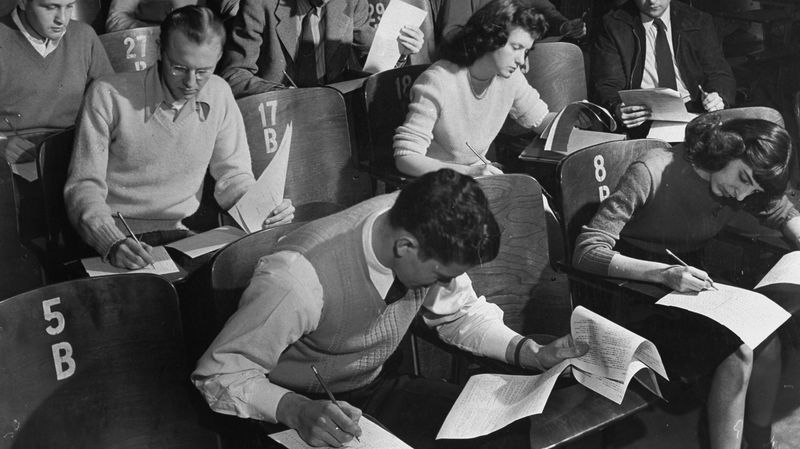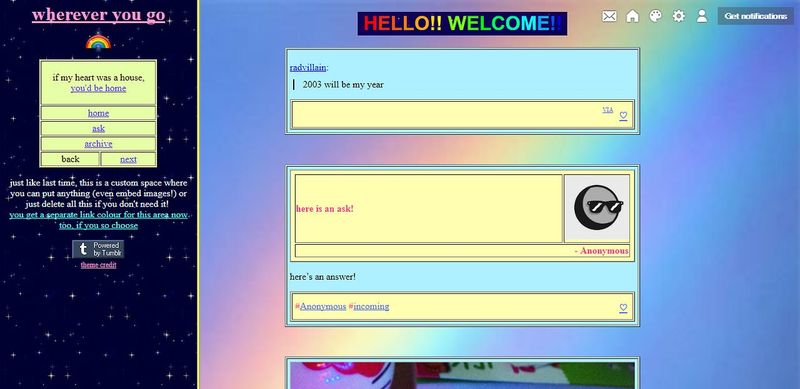In a world constantly pushing for the latest and greatest, sometimes less really is more. As we dive into things that have evolved, it’s clear that not all changes are for the better. Here’s a nostalgic look at 20 things that arguably worked better in their original form.
1. Appliances
Remember when an appliance was a lifetime investment? In the 1950s, fridges, washers, and toasters were built to last decades. They were reliable, sturdy, and didn’t demand constant repair. Contrast this with today’s market where planned obsolescence ensures machines break down after just a few years.
Manufacturers now focus on sleek designs and endless features, often at the expense of durability. Frequent repairs and replacements have become the norm, frustrating consumers who long for the bygone era of robust appliances.
The simplicity and longevity of older appliances are missed, as they epitomized true quality and craftsmanship.
2. Social Media
Once upon a time, social media was a space for genuine connection. Profiles were simple, friends were actual acquaintances, and there were no algorithms dictating what you saw. Fast forward to today, and the landscape has changed dramatically.
Modern platforms are filled with addictive feeds, intrusive ads, and content designed to provoke anger. The focus has shifted from connection to engagement, often at the cost of user experience.
Many long for the days when social media felt more human, and less like a never-ending stream of noise.
3. Cars
Cars have always been a symbol of freedom, but they were once much simpler to maintain. Older models could be repaired with basic tools, making tinkering a common pastime for enthusiasts. Today, however, cars are overengineered, filled with electronics, and often require expensive specialist equipment to fix.
Subscription-locked features add another layer of complexity, leaving many nostalgic for the days when you could understand your car’s mechanics. The shift toward digital has alienated some car lovers who miss the direct connection they once had with their vehicles.
Simplicity and accessibility are sorely missed in today’s automotive world.
4. TV Remotes
Ah, the joy of a simple TV remote! Back in the day, remotes had just a few large, intuitive buttons that made channel surfing a breeze. Fast forward to now, and remotes have become cluttered with tiny, often confusing buttons.
With over 50 buttons on some models, half of which go unused, frustration abounds as users fumble to find the right one. This complexity doesn’t enhance the viewing experience; it hinders it.
The days of straightforward remotes are fondly remembered by those who appreciate simplicity and ease of use.
5. Fast Food
Fast food was once synonymous with value and quality. Patrons enjoyed bigger portions, better quality, and real ingredients. Today, many feel short-changed by smaller servings, higher prices, and ingredients like seed oils.
Shrinkflation has hit hard, with combo meals now costing a small fortune. The fast-food experience has shifted from satisfying to frustrating, leaving many nostalgic for the days when a quick meal was both affordable and filling.
The golden era of fast food is missed for its generous portions and authentic flavors.
6. Smartphones
The smartphone revolutionized communication, yet early models offered features now considered luxury. Replaceable batteries, headphone jacks, and minimal bloatware set them apart. Today’s devices, however, come with glued-in batteries and forced obsolescence.
Ports have vanished, and software updates push users toward new models. While today’s smartphones boast sleek designs, they lack the practicality of their predecessors.
Users fondly recall the days when they had control over their devices, enjoying features that catered to usability and choice.
7. Movies & TV Shows
There was a time when movies and TV shows told their stories fully in a concise package. Films were complete narratives, and TV seasons didn’t stretch beyond necessity. Now, however, sequels, reboots, and elongated storylines dominate.
The shift toward endless content has diluted storytelling, often leaving audiences unsatisfied. The art of crafting a standalone film or series seems lost amidst a sea of neverending sagas.
Many reminisce about the days when films and shows respected the integrity of the narrative, offering complete and satisfying experiences.
8. Search Engines
Remember when search engines provided real answers? In their early days, search engines like Google delivered straightforward, relevant results without the clutter. Today, SEO-spammed listicles and AI-generated content often overshadow genuine information.
Users struggle to find valuable insights, navigating through a barrage of ads and irrelevant links. The simplicity and reliability of early search engines are sorely missed as the quest for clarity continues.
For many, the early days of searching the web are remembered as a golden era of discovery, unhindered by commercialization.
9. Video Games
Video games once launched as complete experiences, offering endless hours of enjoyment without the need for additional purchases. Gamers savored the satisfaction of owning a full game, free from microtransactions.
Today, games often release unfinished, with essential content locked behind season passes and downloadable extras. The frustration of spending more for a complete experience leaves many yearning for the past.
The simplicity and integrity of classic video games are fondly recalled, representing a time when gaming was straightforward and fulfilling.
10. Air Travel
Air travel once epitomized luxury, with spacious seating, complimentary meals, and no extra fees for luggage. Passengers enjoyed a relaxed experience as airlines prioritized comfort and service.
Now, everything from legroom to baggage comes at a cost, and even a middle seat might incur an extra fee. The journey has become less about comfort and more about maximizing profit.
Those who remember the golden age of flying lament the loss of an era when the skies were friendlier and the journey itself was part of the adventure.
11. Home Ownership
There was a time when owning a home was within reach for the average family. Single-income households could afford a house without the need for hefty loans or generational wealth.
Today’s market, however, demands dual high salaries and often additional financial support. The dream of owning a home now feels distant for many, overshadowed by high prices and competitive bidding wars.
The simplicity and accessibility of past housing markets are longed for, as they represented stability and achievement for countless families.
12. Music
Music consumption has transformed from ownership to subscription. In earlier days, owning vinyl or CDs meant having a personal collection of tunes. They were treasures, cherished and played repeatedly.
Today, streaming services dominate, requiring monthly payments for access. While convenience has increased, the joy of tangible ownership has been replaced with a rental model.
Many music lovers reminisce about flipping through album covers and the thrill of a new vinyl, cherishing the physical connection to their music collection.
13. Clothing
Clothing was once built to last, with durable fabrics and reinforced stitching. Each piece was an investment, crafted with care and meant to endure years of wear.
Fast forward to today, and fast-fashion dominates, offering thin, cheaply made garments that often fall apart within months. The focus is on trends, not longevity, leaving many yearning for quality over quantity.
The craftsmanship of past fashion eras is missed, as it represented true value and style that stood the test of time.
14. Work Culture
Work culture used to promise stability, with 9-to-5 hours, pensions, and job security. Employees enjoyed a clear work-life balance, knowing their efforts led to retirement benefits.
Today’s workforce faces “hustle culture,” gig jobs, and burnout. The pressure to constantly perform and adapt has overshadowed the security of past decades.
Many look back wistfully at a time when work provided not just a paycheck, but peace of mind and a predictable future.
15. Public Spaces
Public spaces were once designed for relaxation, offering benches, water fountains, and shade. They served as community hubs, welcoming to all and encouraging social interaction.
Modern urban design often includes “hostile architecture,” aimed at deterring loitering and excluding the homeless. This has led to less inviting environments, where comfort takes a back seat to control.
The welcoming nature of past public spaces is missed, as they fostered community connection and inclusivity.
16. Printers
Printers once simply worked. You plugged them in, and they printed. No fuss, no hidden costs. Today, however, printers often come with “ink subscription” services and DRM-locked cartridges, complicating a once straightforward process.
The constant need for specific cartridges and the added expense frustrate users seeking simplicity. Many yearn for the reliability and ease of early printers, when printing was a hassle-free task.
The straightforward function of past printers is remembered fondly, representing a time when technology served without strings attached.
17. Education
Education once emphasized critical thinking and affordability. Tuition was manageable, allowing students to learn without the shadow of debt. Classrooms focused on teaching students to think for themselves, preparing them for the world.
Today, high tuition rates and overwhelming student debt burden many, while the quality of education is often questioned. The shift has left students struggling to justify the cost of their degrees.
The accessible and enriching education of the past is treasured, as it promised opportunity without financial strain.
18. Customer Service
Customer service once meant immediate human interaction. Calls were answered by friendly representatives eager to assist. Today, automated systems and chatbots dominate, often leading to frustration and unresolved issues.
The personal touch has been lost, replaced by endless menus and waiting times. Customers long for the days when service was swift, efficient, and human-centered.
The reliability and warmth of past customer service experiences are fondly recalled, representing a time when companies truly valued their clientele.
19. Dating
Dating was once a face-to-face affair, with couples meeting in real life and forming genuine connections. The process was organic, allowing relationships to develop naturally.
Today’s app-driven dating landscape often feels like a swipe-based rejection simulator, with endless profiles and superficial interactions. Convenience has come at the cost of depth and authenticity.
Many reminisce about a time when dating was more personal, valuing the connection and chemistry that comes from true interaction.
20. The Internet
The internet once felt like an endless playground of discovery. Personal websites filled with quirky content offered a unique view into people’s lives and interests.
Now, a few corporations control most of what we see, shaping our online experience. The spontaneity and individuality of the early web are missed, as commercialization has taken over.
Many long for the fun, weird days of the internet when exploration and creativity were at the forefront.
